What is Recruitment and Talent Acquisition? Tips and FAQs
Extensis
OCTOBER 9, 2024
The heart of every organization is its people. Finding and hiring the right talent is essential for businesses to create innovative offerings, foster a strong company culture, and ultimately improve their bottom line. This guide defines recruitment and talent acquisition—and the difference between the two. What is recruitment?




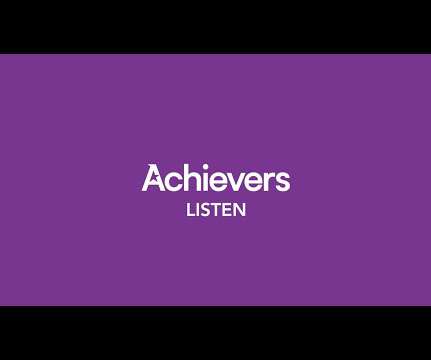

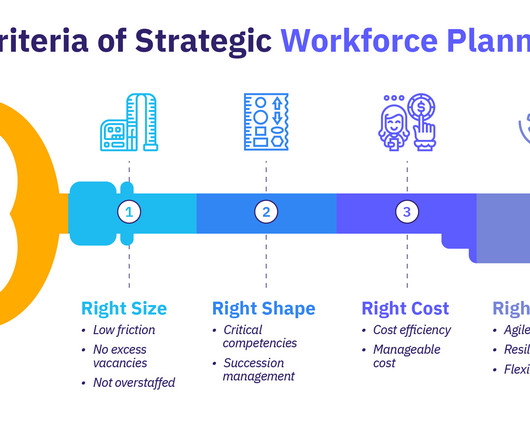
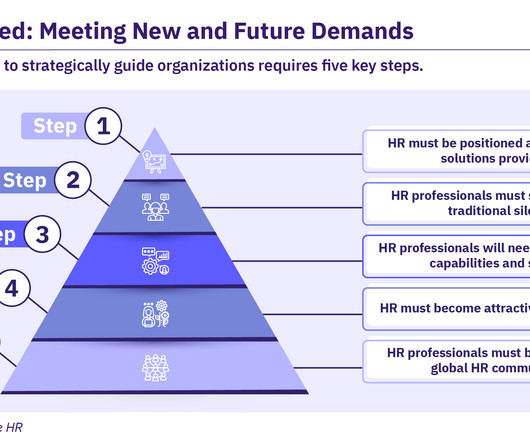




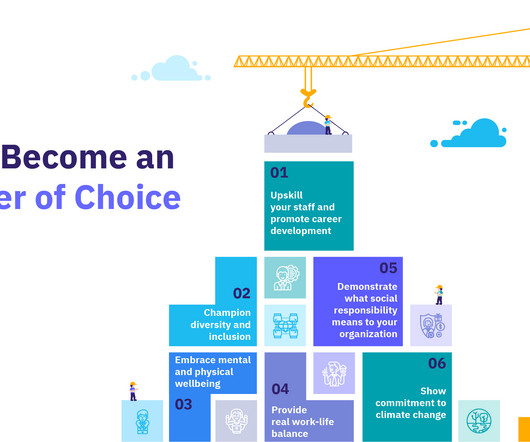
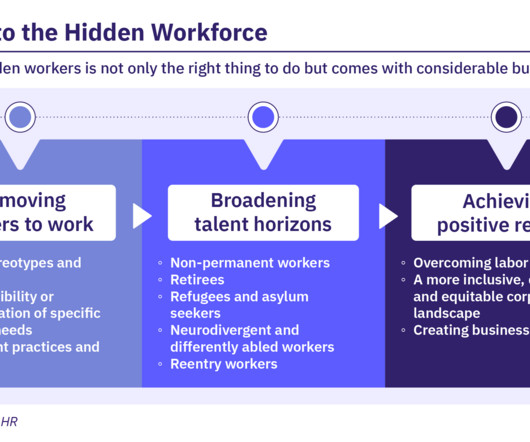














Let's personalize your content